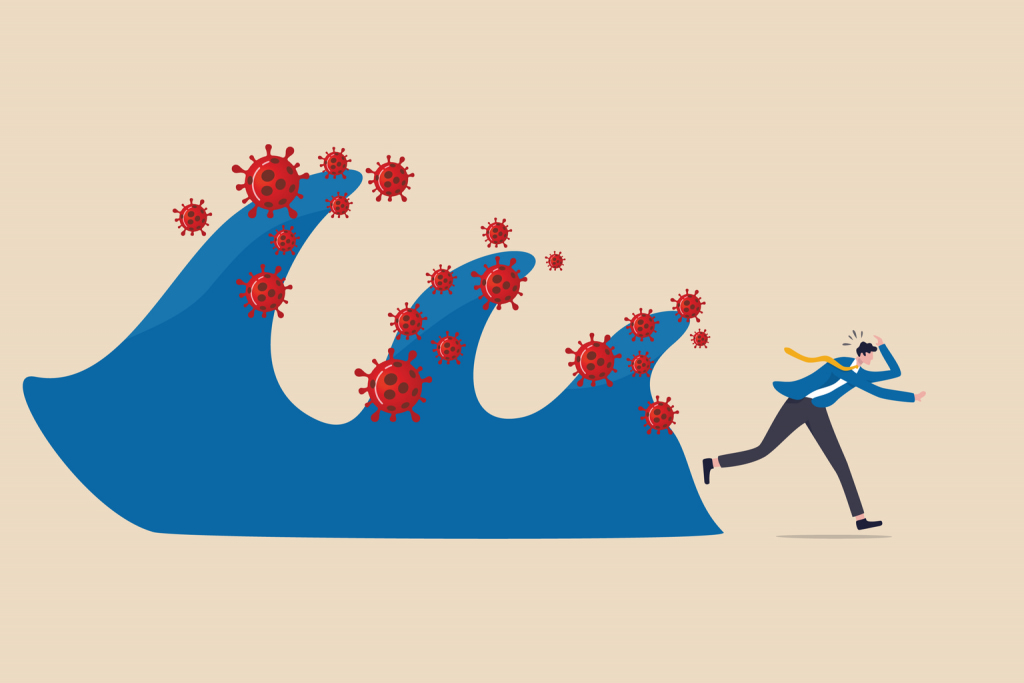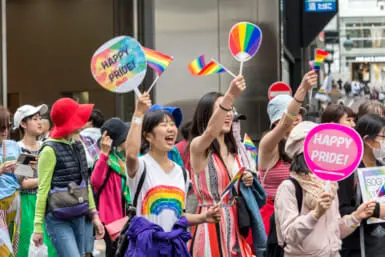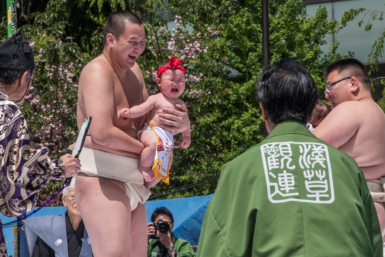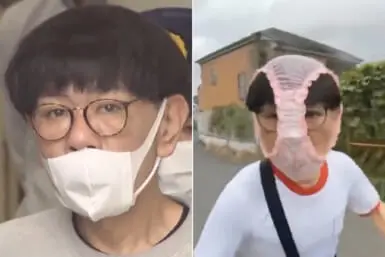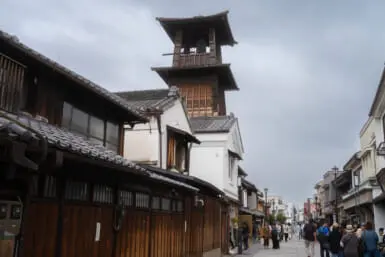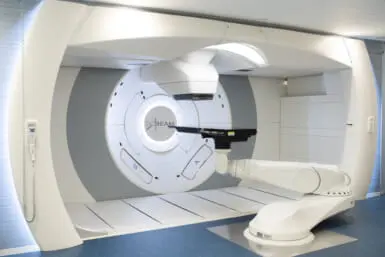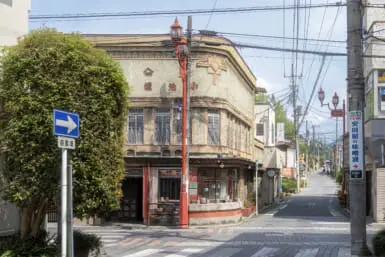Since Japan lifted its state of emergency at the end of May, there has been much trumpeting of its success in containing the spread of Covid-19. The World Health Organization chief hailed the unspecified heroics of the Japan model. Self-aggrandizing politicians attributed Japan’s success to the superiority of its people. Apologists have claimed contact tracing was the key to victory – even though the majority of cases during the Covid-19-spike were contracted from unknown sources.
Read between the lines and one thing becomes abundantly clear: beyond pure speculation, nobody really knows how Japan braved the first wave of the virus. This is all the more reason to double-down on preventing a second one.
The Japan Times, rather bluntly, noted, “Without an understanding of where Japan’s success came from – and whether it will last – their argument is nothing more than a house of cards.” A steady increase in Covid-19 cases in Tokyo – 106 new coronavirus cases on Tuesday, exceeding 100 for a sixth straight day – does not augur well. The glue holding the fragile house of cards together might just be losing its adhesion.
Japan’s Chief Cabinet Secretary, Suga Yoshihide, contradicts Tokyo Governor Koike Yuriko’s call for people to restrict traveling outside of Tokyo to other prefectures as COVID-19 cases rise, calling the measure “unnecessary.” https://t.co/gMoPADTGQ2
— Unseen Japan (@UnseenJapanSite) July 7, 2020
Diverted Attentions
The media cycle has portrayed 2020 as a world in flames, reducing societies and structures of governance to piles of ash and smoldering embers. As Black Lives Matter protests dominated city centers and national broadsheets, the fear of the novel coronavirus diminished. It’s potential to infect however, has not.
Covid-19 resurgences in China and the US stand as litmus tests for what Japan’s most densely populated cities might expect. Beijing saw no new cases of Covid-19 for two months before 106 were reported between June 12 and June 16. In the US, a Covid-19 surge coincided with the nationwide protests – on June 26 and 27, 40,000-plus cases were confirmed each day.
Admittedly, it’s not clear if these figures indicate second waves; for a start, the term second wave has no agreed-upon scientific definition. Beijing has also managed to keep new daily cases relatively low since the virus resurfaced, while the harrowing numbers across the Pacific could be attributed to a reinflation of the first wave in the US.
Semantics aside, they highlight this virus’ uncanny ability to stay dormant in a population. The most reasonable assumption for Japan is: Covid-19 will come roaring back.
Akihabara Maid Café Confirms 6 Employees Contracted COVID-19 • Tokyo governor tells residents to refrain from nightlife activities after 107 new cases confirmed on Thursday https://t.co/74DugBwqZz
— Anime News Network (@Anime) July 3, 2020
Current Prevention Protocols
Contact tracing has become the cornerstone of an efficient virus containment effort. The 450 public health centers across Japan are home to a network of trained contact tracers able to identify infection routes based on tracking down individuals who’ve had extended close contact with Covid-19 carriers.
This old-school, low-tech method likely contributed to the latency in Japan’s initial spike, and to its relatively low current figures. However, traditional contact tracing falls apart when too many virus cases arise at once – as we saw in April.
Japan’s Microsoft-developed contact tracing app – COVID-19 Contact App (sometimes referred to as COCOA) – is striving to solve this issue, though no shortage of pejorative adjectives have been ascribed to it: Orwellian, invasive, controlling. Speculative however, may be more appropriate.
The app uses Bluetooth technology to determine whether a user has come into close contact with someone who has tested positive for Covid-19. For the app to have any real utility however, almost everyone needs to get on board. Furthermore, people who have contracted the disease must put their trust in the app’s confidentiality policies, which is far from guaranteed in a country where privacy reigns supreme.
With new cases of Covid-19 topping 100 in Tokyo for the 6th day in a row, have you taken a look at the gov't's contact-tracing app, COCOA? https://t.co/ACjXdG2exI #tech #Covid #Japan
— City-Cost | Japan. (@citycostjapan) July 7, 2020
According to The Mainichi Shimbun, the app hit the ground running with 2.7 million downloads in its first three days. Yet a mix bagged of contact tracing apps around the world prove the tech is still in a prolonged beta phase.
China and Singapore’s apps have been slammed for their surveillant nature (Japan’s app circumvents this by not using geolocation to track users’ movements). The UK’s first attempt was unreliable at best. Iceland has one of the most effective around, but only because its small and trusting population made a temporary trade-off: privacy for safety.
Likewise, Japan’s app is not a Deus ex Machina ushering in the end of the pandemic; rather, it’s a useful tool within a larger framework designed to prevent the spread of Covid-19.
New commentary by Japanese Political Scientist @KS_1013 makes the case for the “Japan model” to fight COVID-19 — a cluster based approach focusing on pinpoint testing/contact tracing without widespread testing.
Whether you agree or not, it’s worth a read https://t.co/JAFu9pmPLz
— Will Ripley (@willripleyCNN) April 29, 2020
Testing, Testing, Testing
In early June, Japan began testing around 10,000 people across three regions for coronavirus antibodies – used to identify people who previously contracted Covid-19 and may have gained immunity. If the tested groups are representative of the entire population, the low levels of infection are worrying: 0.1% in Tokyo, 0.17% in Osaka, 0.03% in Miyagi.
The numbers suggest a need to carry out intermittent antibody tests on large sections of the population to accurately track the virus’ spread. Infectious disease expert Kazuhiro Tateda told The Japan Times, “If the infection had spread without being detected, the rates would have been higher… We must not ease our measures.”
Additionally, antigen testing can be utilized to detect those currently infected, and is the most user-friendly Covid-19 test to date: samples can be taken multiple ways, results are returned within 30 minutes and they’re easy to interpret with the naked eye – not unlike a pregnancy test.
Japanese medical equipment manufacturer, Fujirebio, has developed an antigen test kit, on which it plans to expand production capacity. The test’s reliability, however, lags behind that of standard PCR tests – which are no strangers to a false-negatives themselves.
One of the frontrunners in the race to develop a coronavirus vaccine, Novavax Inc., will receive $1.6 billion from the govt’s Operation Warp Speed program. Will allow the company to conduct advanced human studies.https://t.co/4TSbpk3Eak
— Jennifer Jacobs (@JenniferJJacobs) July 7, 2020
The Race to Find a Vaccine
Herd immunity – an epidemiological concept aimed at building immunity to a disease within a population (usually 60-90% of people depending on the contagion) – is what Japan is really aiming to achieve. The least destructive method of immunizing the herd, is with a vaccine.
Given the vaccine’s lucrative potential, major pharmaceutical and biotech firms are mobilizing resources. According to the WHO, a total of 142 Covid-19 vaccines are currently in development, of which 13 are in clinical trials.
AstraZeneca PLC of the UK and Moderna Inc. of the US are believed to be leading the charge, with their sights set on market-ready vaccines before 2020 is out. However, given unusual legislative rules in Japan, if an external company creates a vaccine, it would have to undergo further internal trials before landing on the Japanese market.
Until a vaccine is here, preparation, rather than prevention, is a more accurate way of framing the response to Covid-19. To mitigate against another surge and the pseudo-lockdown of society, Japan needs a concerted effort of professional contact tracers, big data technology, increased testing procedures, clarity in communication and, perhaps most importantly, a dash of good fortune.

